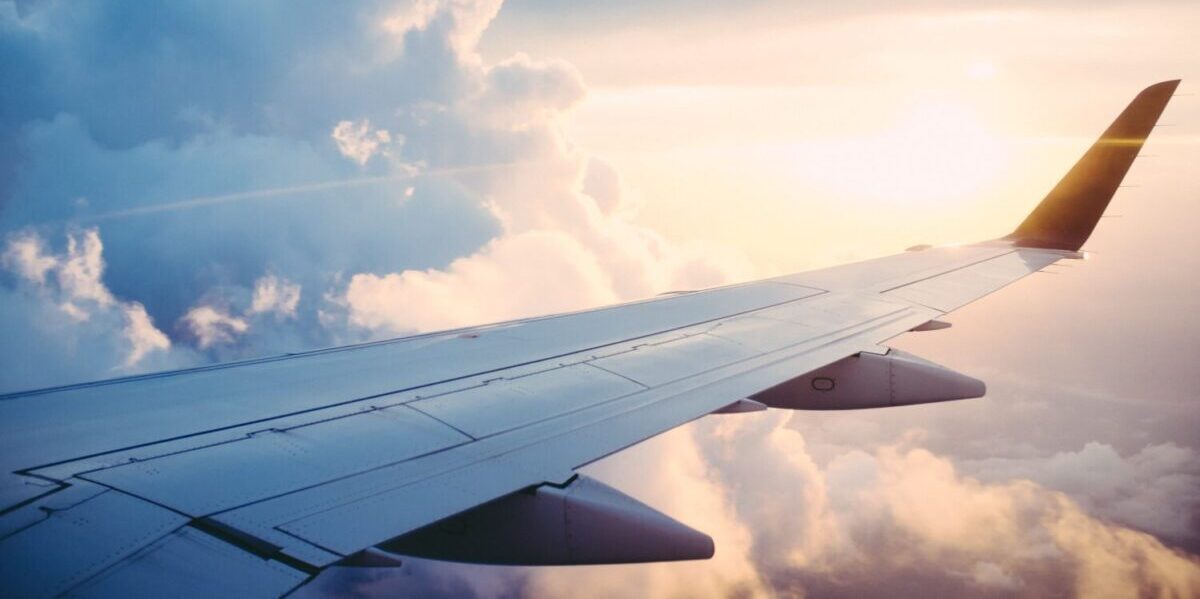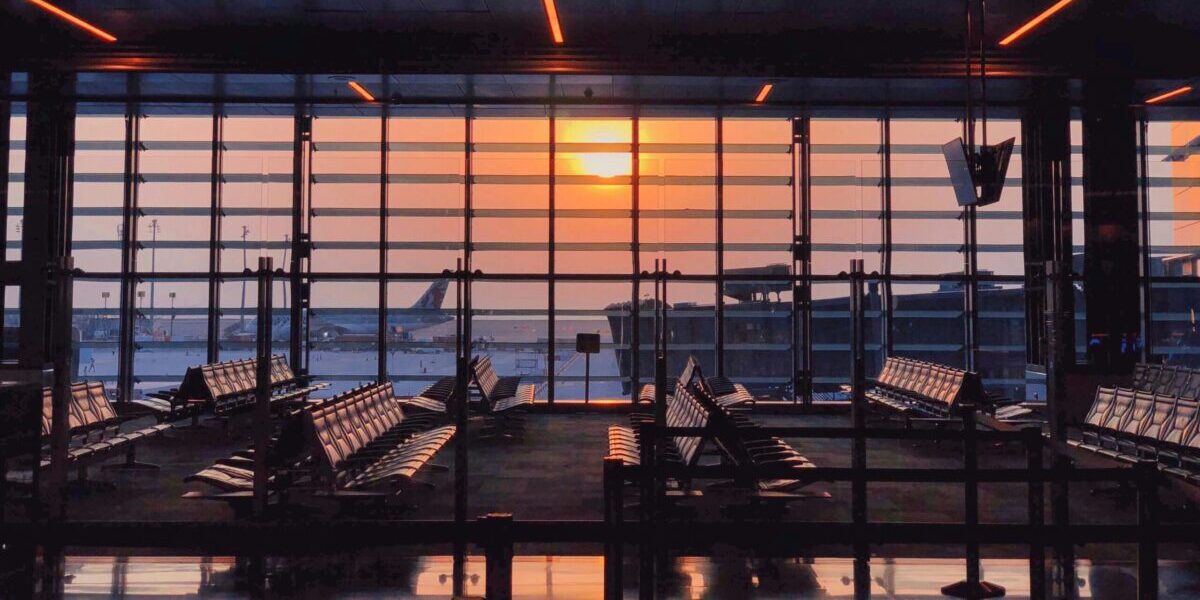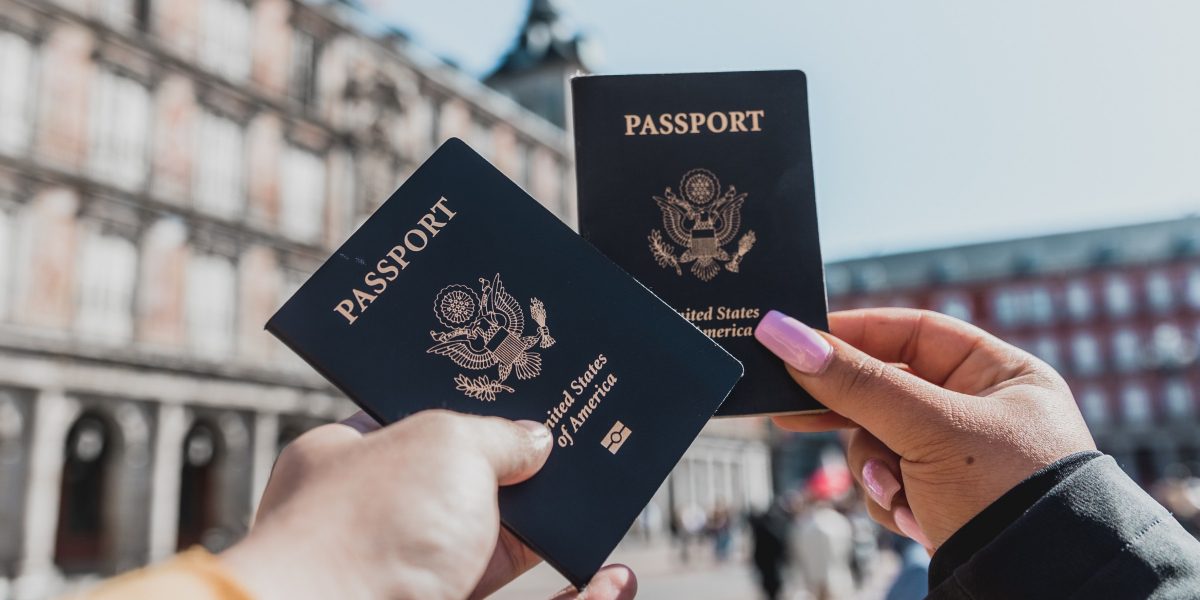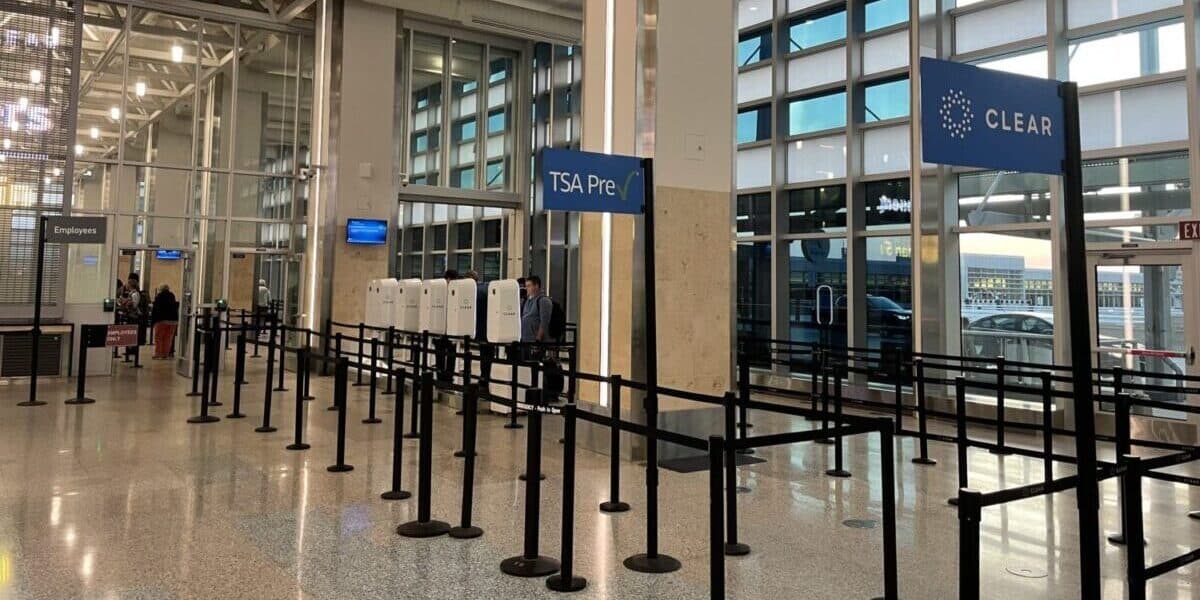
I Asked 5 AI Chatbots to Plan My Upcoming Trip; 1 Was Better Than the Rest
People are increasingly leaning on artificial intelligence (AI) to do everything in their lives, from writing emails to running their business to organizing their credit card benefits. So it only makes sense that more and more travelers are also turning to these tools to help plan trips. I'll admit: I've resisted it. I think travel needs a human touch that AI can't provide ... not to mention...

















